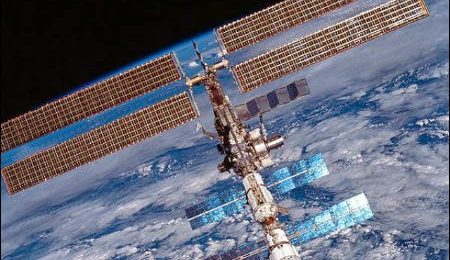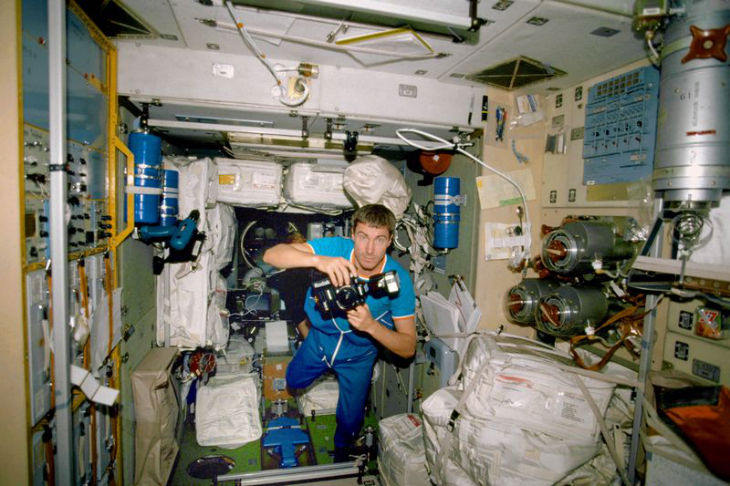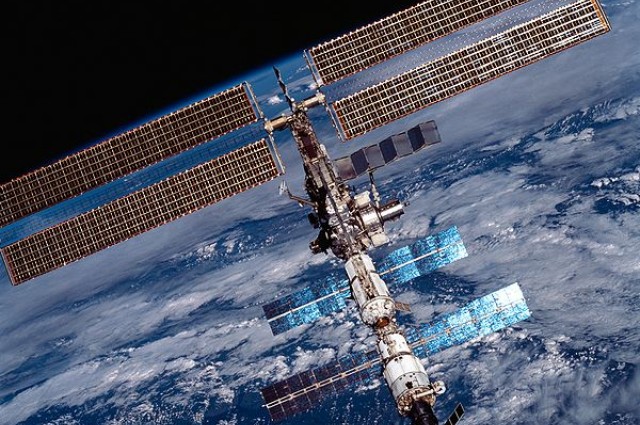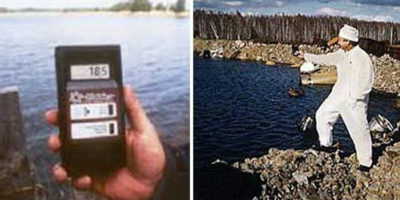The International Space Station Has A 24/7 Live Stream

The International Space Station (ISS) is a habitable satellite launched on October 31 2000. It’s the longest on record for having continued human occupation. It’s an observatory and research laboratory situated in low earth orbit. The crew on board conducts experiments in Physics, Astronomy, biology among other things. The ISS orbits the earth after every 90 minutes and by 2010, it had orbited almost 60,000 times, which accrues to 1.5 billion miles. It’s about the size of a U.S. football field with a weight of over 400,000 kilograms. The ISS can be seen without a telescope some few hours before sunrise or after sunset.
Astronauts live on the ISS in a shift system and conduct various valuable experiments that can’t be performed on earth. The space station offers them an opportunity to conduct research in zero gravity and out of the atmosphere. It also offers a long term environment for decades of studies to be performed. Experiments carried out cover wide areas of scientific research, including life sciences, space medicine, material sciences, physical sciences, meteorology and space weather.
Live streaming video by UstreamThe Alpha Magnetic Spectrometer mounted on the ISS, for example, is used to search for dark matter evidence and measure the antimatter in cosmic rays. This information helps in the understanding of the universe formation. The scientists at NASA have compared it to the Hubble Telescope.

Life is inhospitable in space due to factors like absolute zero temperatures, microgravity, intense radiation fields and high vacuum. Some simple life forms, however can survive this environment. They are referred to as extremophiles (‘extreme lovers’ in Greek) and they survive in desiccation- an extremely dry state.
The scientists have also conducted research on the long term effects of space exposure on the human body. They discovered that they vary greatly and have major effects on the body. Data collected as of 2006, on muscular atrophy and bone loss, suggests that astronauts would experience movement problems and a significant risk of fractures, if they landed on a planet after being on a lengthy interplanetary cruise (even if this was a short six months Mars journey).
That is just some of the research being carried out on the ISS. Take a look at the live stream and check out the crew while on duty. In case the stream displays a black/blue screen, then a temporary loss of signal has been experienced and you can always check back later.
[source:Â www.ustream.tv]
























